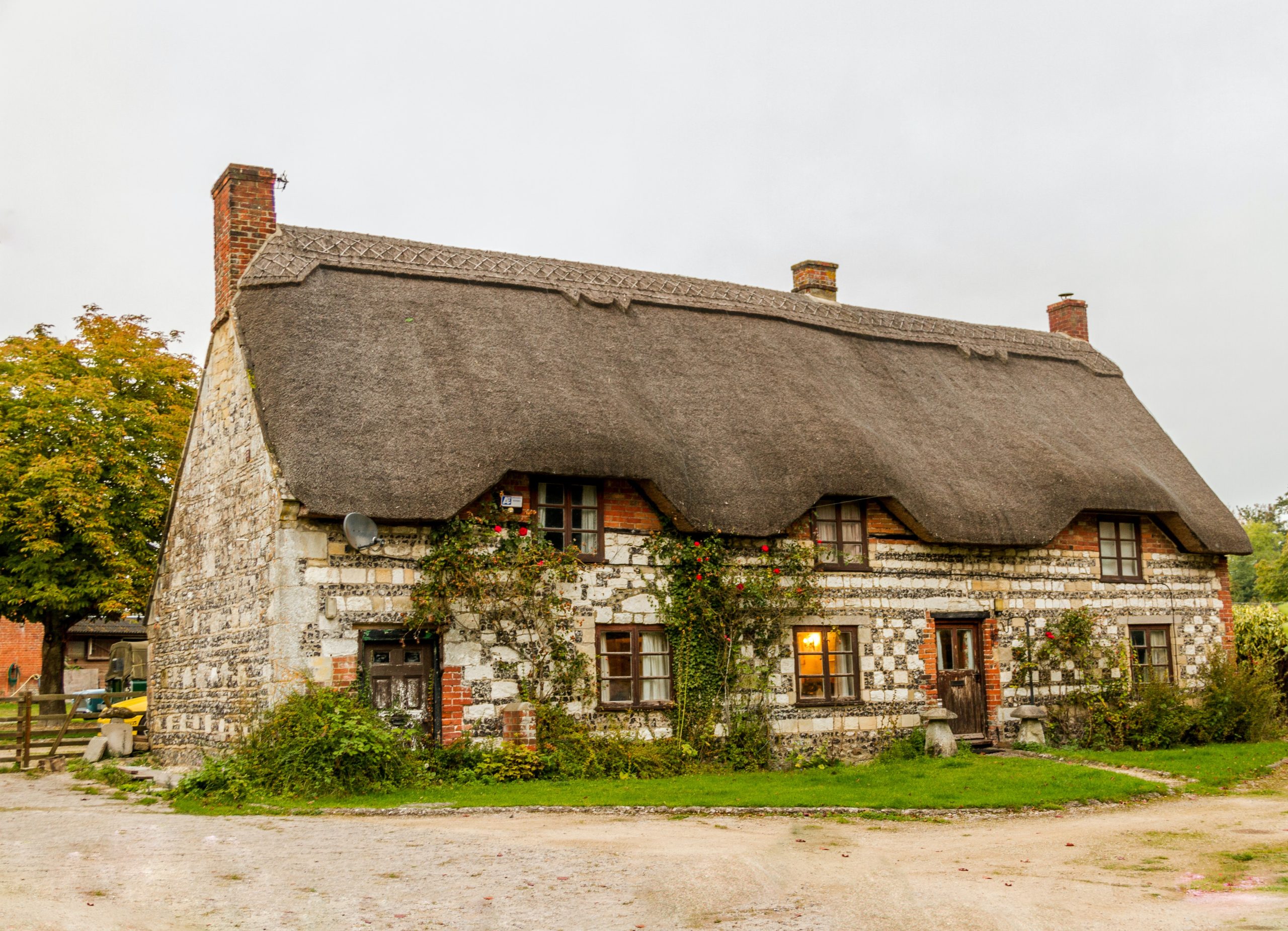Introduction
Are you tired of the traditional retirement investment options like stocks, bonds, and mutual funds? Look no further than real estate. Adding real estate to your portfolio can provide a stable source of income and long-term appreciation while diversifying with an asset class that is not as correlated to stock market fluctuations. In this post, we will explore how to diversify your retirement portfolio with real estate investments and unlock the potential for greater financial security in your golden years.
Why Real Estate is a Good Investment for Retirement
There are many reasons why real estate is a good investment for retirement. For one, it is a physical asset that can appreciate in value over time. Additionally, rental income from tenants can provide a steady stream of passive income, which can be used to supplement your retirement income.
Real estate also offers the potential for capital gains when you sell an investment property. And because real estate is a long-term investment, it can offer stability and protection from inflation.
Another benefit of investing in real estate is that it gives you the ability to control your own destiny. Unlike stocks and other investments, you have the power to make decisions about how your property is managed and what improvements are made. This allows you to tailor your real estate investments to your specific goals and needs.
How to Get Started in Real Estate Investing
If you’re looking for a way to diversify your retirement portfolio, real estate investing may be a good option for you. But how do you get started in real estate investing?
Here are a few tips:
1. Do your research. Before you invest in any type of property, it’s important to do your homework and learn as much as you can about the market and the specific investment you’re considering.
2. Work with a professional. A experienced real estate agent or broker can help you navigate the process and find the right investment property for your needs.
3. Know your financing options. There are a variety of ways to finance a real estate investment, so it’s important to understand all of your options before you get started.
4. Have realistic expectations. Like any investment, there are risks involved in real estate investing. It’s important to set realistic expectations and understand that there is potential for both profit and loss.
The Different Types of Real Estate Investments
There are a number of different types of real estate investments that you can consider adding to your retirement portfolio. Each has its own set of pros and cons, so it’s important to do your research and understand the risks and potential rewards before making any decisions.
One option is to invest in residential property, either as a buy-to-let investor or by purchasing a second home that you can rent out when you’re not using it yourself. This can be a great way to generate extra income in retirement, but it’s important to remember that there will be ongoing costs such as maintenance, insurance, and property taxes.
Another option is to invest in commercial real estate, such as an office building or retail space. This type of investment comes with higher risks but also has the potential for higher returns. Before investing in commercial real estate, it’s important to have a solid understanding of the local market and the potential for future growth.
Finally, you could also consider investing in real estate investment trusts (REITs) or real estate crowdfunding platforms. These options offer more liquidity than direct ownership of property but come with their own set of risks. As with any investment, it’s important to do your due diligence before putting any money into REITs or crowdfunding platforms.
Tips for Successful Real Estate Investing
1. Have a clear investment strategy: Before investing in any property, it’s crucial to have a well-defined investment strategy. This will help you determine the type of property that best suits your needs and budget.
2. Do your homework: Once you’ve identified a potential property, it’s important to do your due diligence before making an offer. This includes researching the local market, evaluating the property itself, and running the numbers to ensure it’s a wise investment.
3. Work with a professional: While you can certainly invest in real estate on your own, it’s often helpful to work with a professional agent or broker who can guide you through the process and help you find the best deals.
4. Have realistic expectations: It’s important to remember that investing in real estate is not a get-rich-quick scheme. There will be ups and downs, and it takes time and patience to see results. However, if you stick with it, investing in real estate can be a great way to reach your financial goals.
Conclusion
Real estate investments can be a great way to diversify your retirement portfolio and provide you with more stability over the long term. With careful planning, research, and analysis, you should be able to find real estate investments that meet your needs and help ensure you have enough money for retirement. Keep in mind that real estate investing involves its own set of risks and rewards, so it is important to make sure you understand what those are before making any decisions. If done properly, however, adding real estate investments into your retirement portfolio can help provide additional peace of mind as well as boost returns over time.











